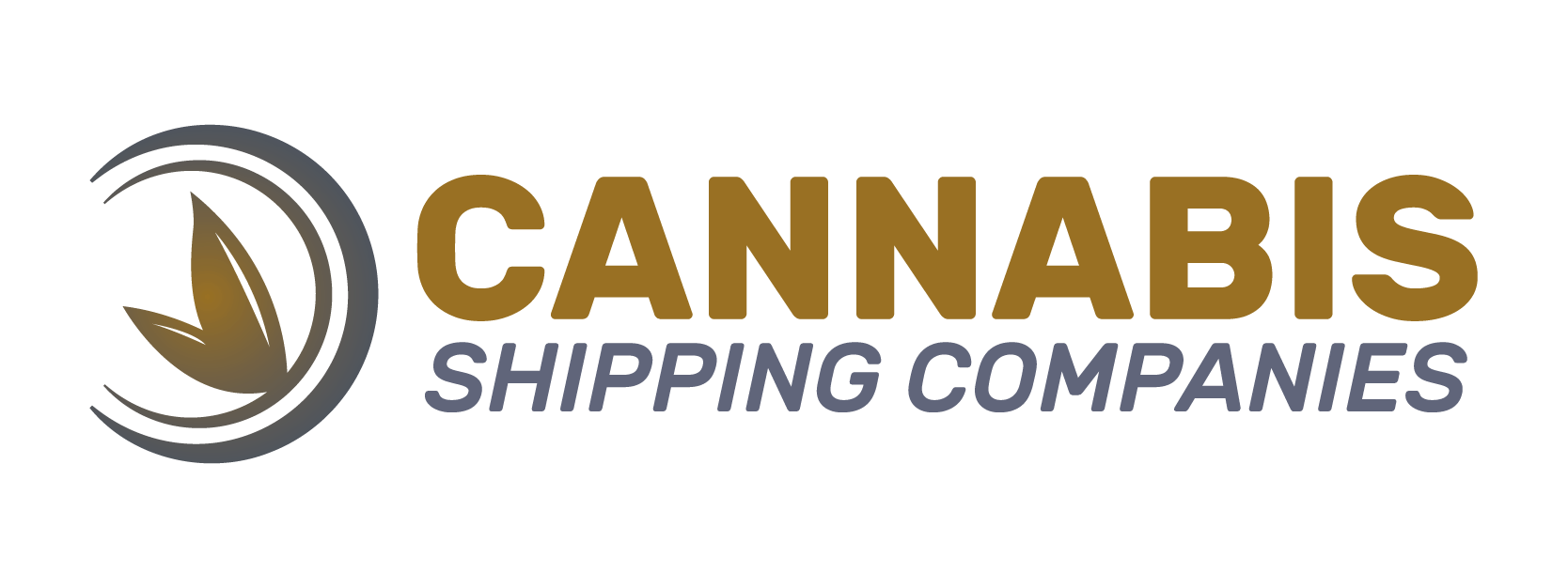In the cannabis shipping and logistics industry, managing returns, recalls, and damaged goods is critical for regulatory compliance and customer satisfaction. Shipping companies work closely with licensed producers, distributors, and regulators to follow structured protocols—ensuring safety, traceability, and efficiency throughout.
Return Handling: Standard Protocols
Returns typically occur due to mis-ships, damaged packaging, or customer dissatisfaction. Provincial-level practices allow returns within specified windows—often within 15 days—with valid proof of purchase for unopened, intact product submissions.
Logistics teams coordinate with retailers and use standardized return merchandise authorizations (RMA). Returns are processed via inspection, and unacceptable stock may be destroyed per retail guidelines.
Recall Management: Regulatory Oversight
Cannabis recalls—triggered by contamination, mislabeling, or safety issues—must follow national and provincial mandates. In Canada, license holders must maintain documented recall procedures, perform mock recalls annually, and notify Health Canada immediately upon identification of a threat.
Within 72 hours, a formal risk assessment is submitted as part of the recall report. Health Canada assigns a risk classification (Type I, II or III) and issues a recall alert on its public platform.
Provincial agencies like Alberta Gaming, Liquor & Cannabis (AGLC) and Ontario Cannabis Store (OCS) offer operational support—coordinating pickups of recalled inventory and issuing credit to impacted retailers. They also define packaging and shipping standards for secure pickups.
Damaged Goods: Pre- and Post‑Shipment
Before shipping, logistics providers inspect packaging—ensuring compliance with carrier specifications and federal/provincial labeling laws. B.C. litigation guidelines highlight that shipments with non-compliant packaging may be rejected or penalized.
For post-shipment damage—due to transit mishaps like punctures or moisture—receiving parties document damage with photos and file damage claims. Depending on contractual terms, carriers may reimburse or reject claims, while logistics teams liaise with insurers and ensure safe handling for unusable stock.
Traceability & Record Keeping
Robust inventory tracking and record-keeping systems are the backbone of effective product recovery. The Cannabis Regulations require that sale, distribution, and recall records be retrievable within one business day.
Logistics software captures lot numbers, shipping dates and destinations. In recall scenarios, this data enables pinpoint recall execution, communications to affected parties, and regulatory reporting.
Communication & Collaboration
Open channels between license holders, carriers, distributors, retailers, and regulators are essential. Recall or damage notices are communicated via email, portals, and public postings. For instance, OCS Customer Care coordinates pickup dates and confirms volumes.
Post-event, conducting an “effectiveness check” ensures the recall reached all impacted customers—per Health Canada guidelines.
Continuous Improvement
Organizations conduct annual recall simulations (“mock recalls”) to assess system performance, timing, and documentation. Findings lead to refined SOPs, enhanced staff training, and improved packaging.
Post-recall root-cause analysis and corrective action reports close the loop—minimizing future disruptions.
In Review
Cannabis logistics managers oversee complex return, recall, and damage-handling protocols—anchored in regulatory mandates and industry best practices. Successful management depends on clear SOPs, rapid traceability, structured communication, and ongoing improvement. Through collaboration with Health Canada and provincial bodies like AGLC and OCS, shipping companies maintain trust, compliance, and product integrity across the supply chain.

